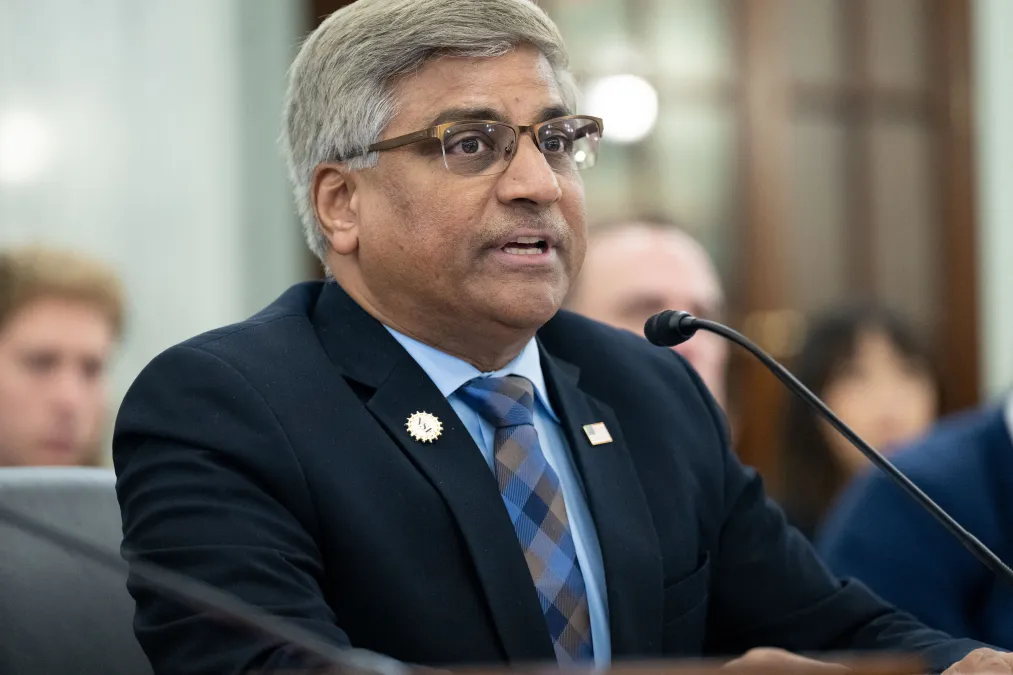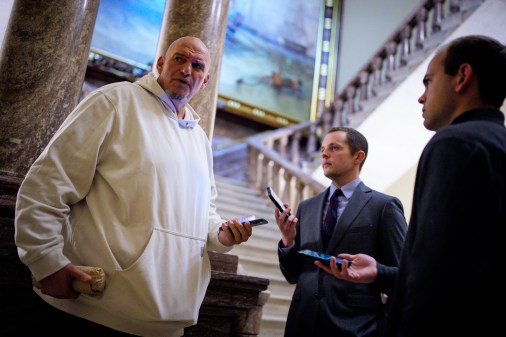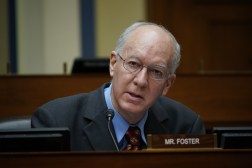Bipartisan House bill aims to diversity talent in AI research and development

A new bipartisan House bill would require the National Science Foundation and other relevant federal agencies to award historically black colleges or universities, tribal colleges or universities and minority-serving institutions with funds to carry out research and development in artificial intelligence.
The Expanding AI Voices Act from Reps. Valerie Foushee, D-N.C., and Frank Lucas, R-Okla., aims to support a “broad and diverse” interdisciplinary research community for AI innovation through capacity building and partnerships at higher education institutions and other organizations, according to bill text shared with FedScoop.
The legislation focuses specifically on expanding AI talent in populations that are “historically underrepresented” in science, technology, engineering and math,” according to the text. Eligible institutions include HBCUs, TCUs, MSIs and relevant nonprofit organizations. The bill said higher education establishments can qualify for these awards if they are not among the top research institutions in federal R&D expenditures three years before the award.
“My bill will ensure that we expand, foster, and support a diverse workforce ready to take on the risks and benefits to society spurred by AI,” Foushee said in a statement to FedScoop. “By empowering the tremendous talent of MSIs, HBCUs, and TCUs — like the ones in my home state of North Carolina and across the nation — we can better equip ourselves to lead and set a strong path for others to follow.”
NSF’s director would be responsible for outreach to eligible institutions to apply for awards and engaging participants across the nation — with a focus on those from underserved communities and those who are traditionally underrepresented in STEM.
Eligible institutions that receive these awards are responsible for using the funds to carry out at least one AI or AI-related task, such as expanding or developing research programs, recruiting faculty, promoting professional development, engaging in activities necessary to build capacity through multiple pathways and more.
The efforts from Foushee and Lucas follow other legislative work to build capacity for MSIs, including a cybersecurity bill introduced earlier this summer by Reps. Marc Veasey, D-Texas, and August Pfluger, R-Texas.






